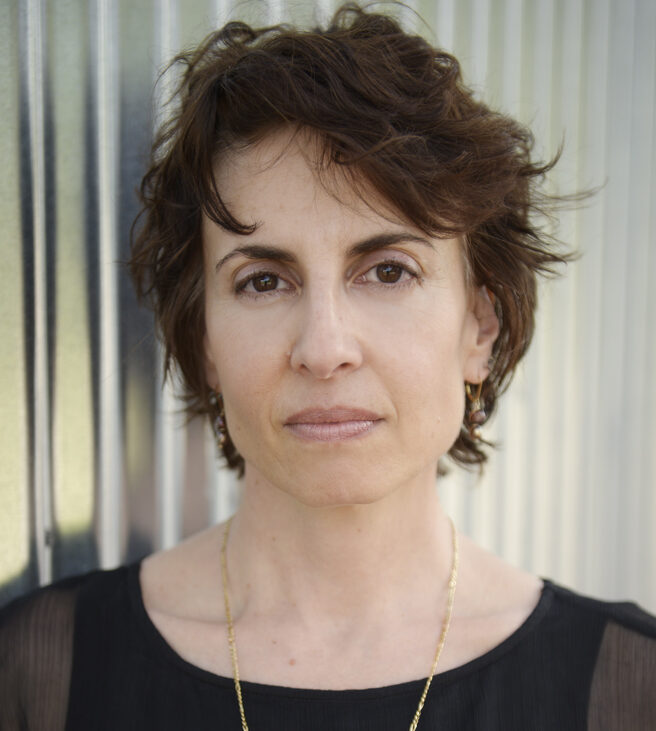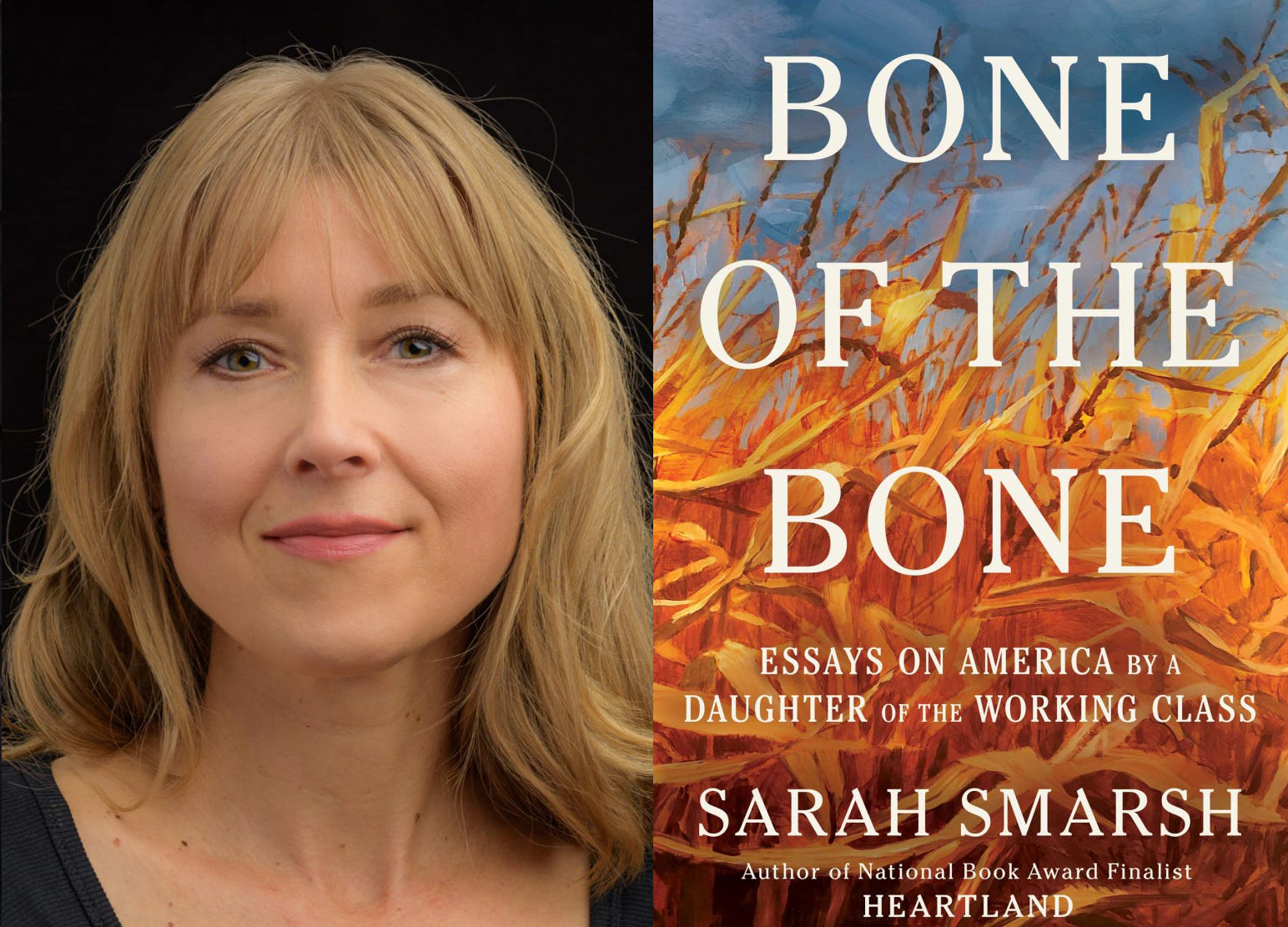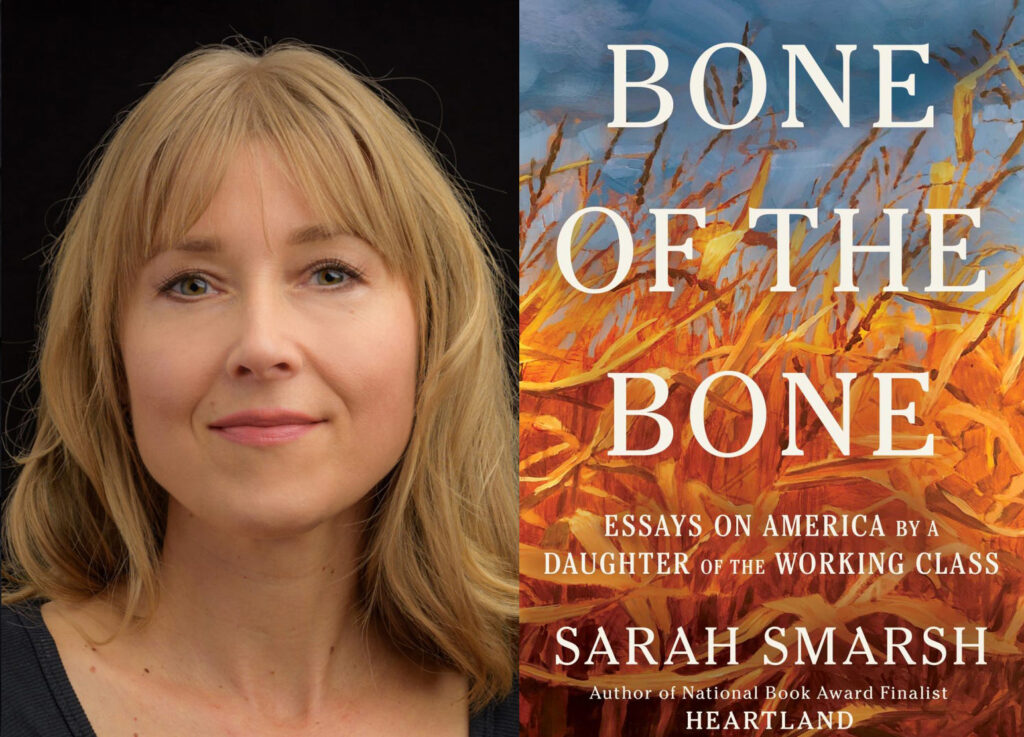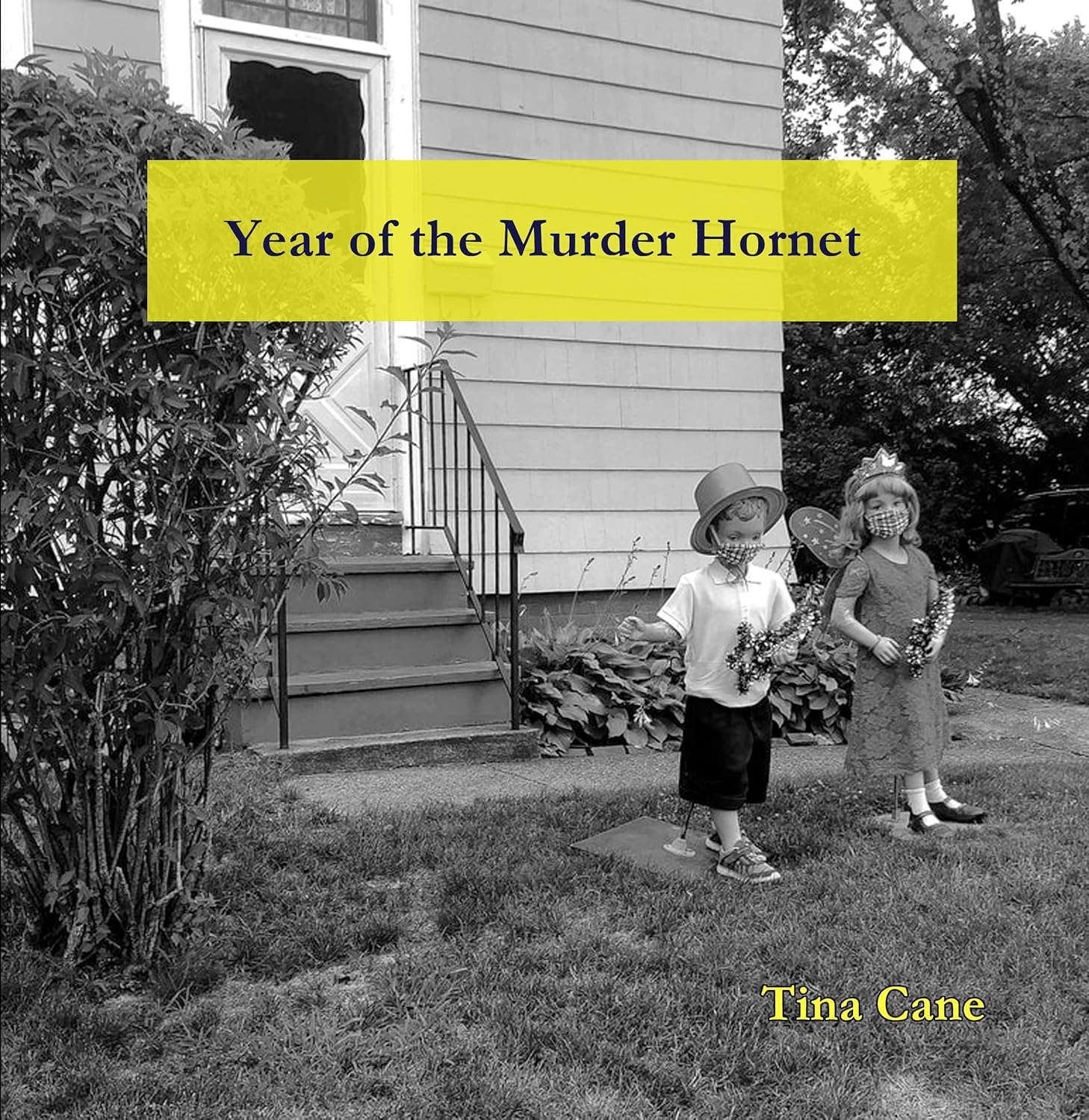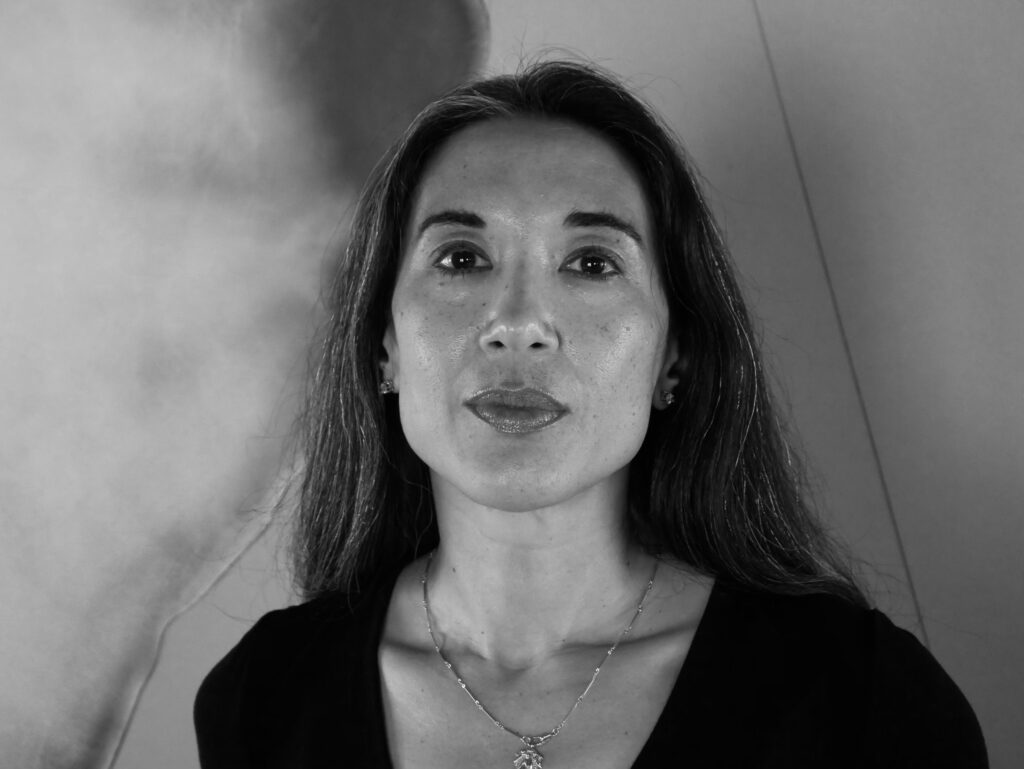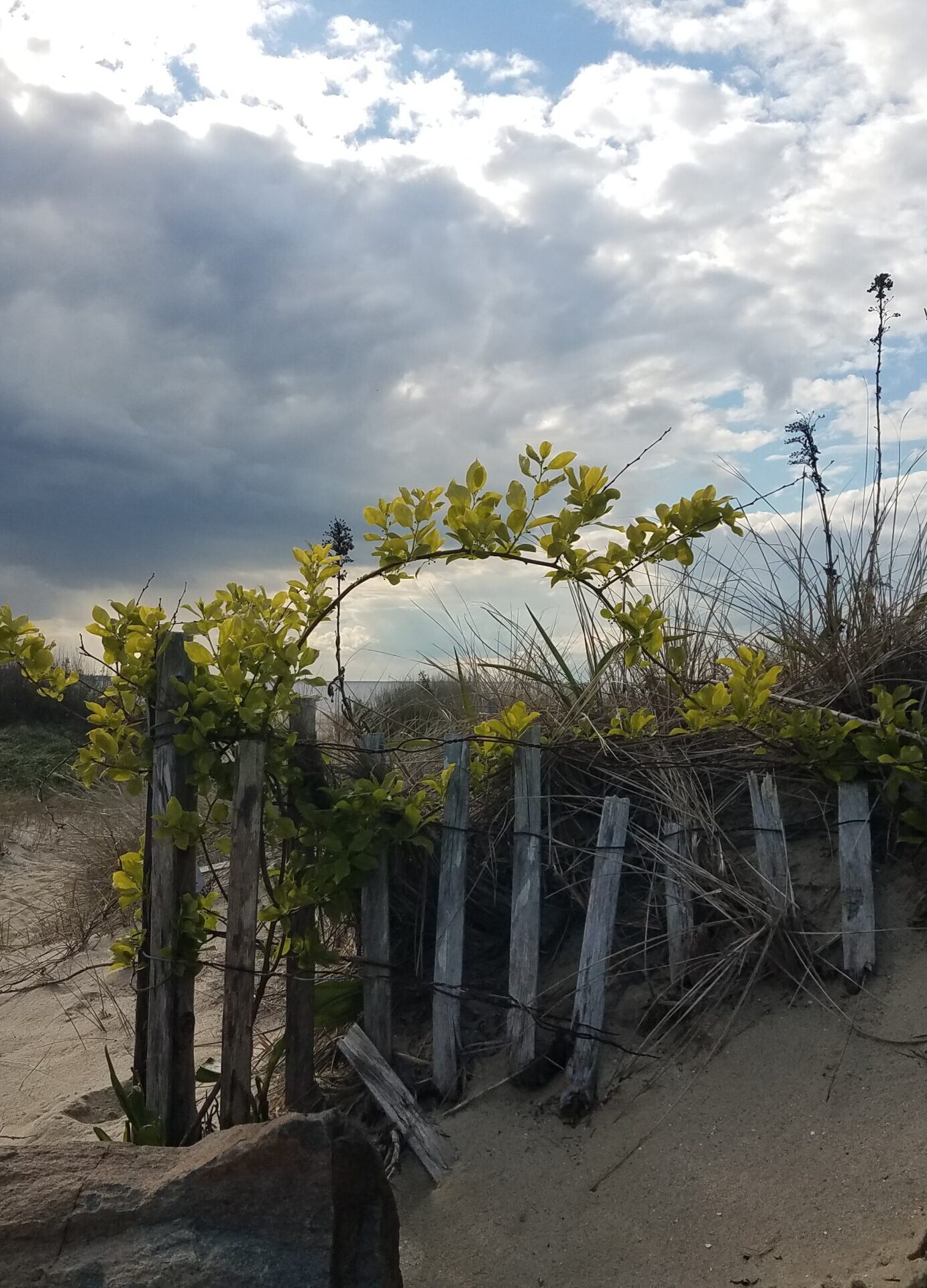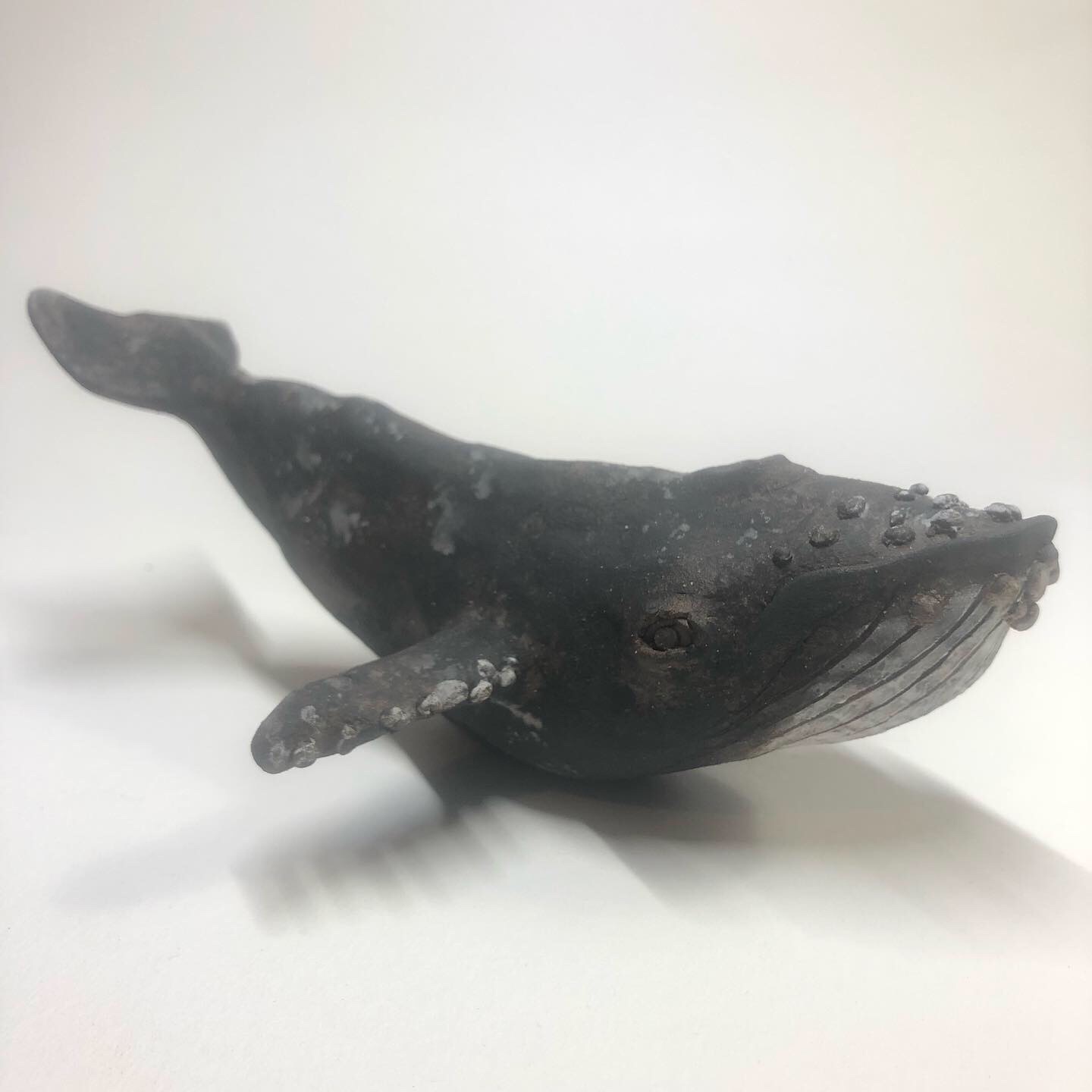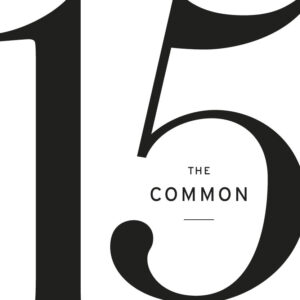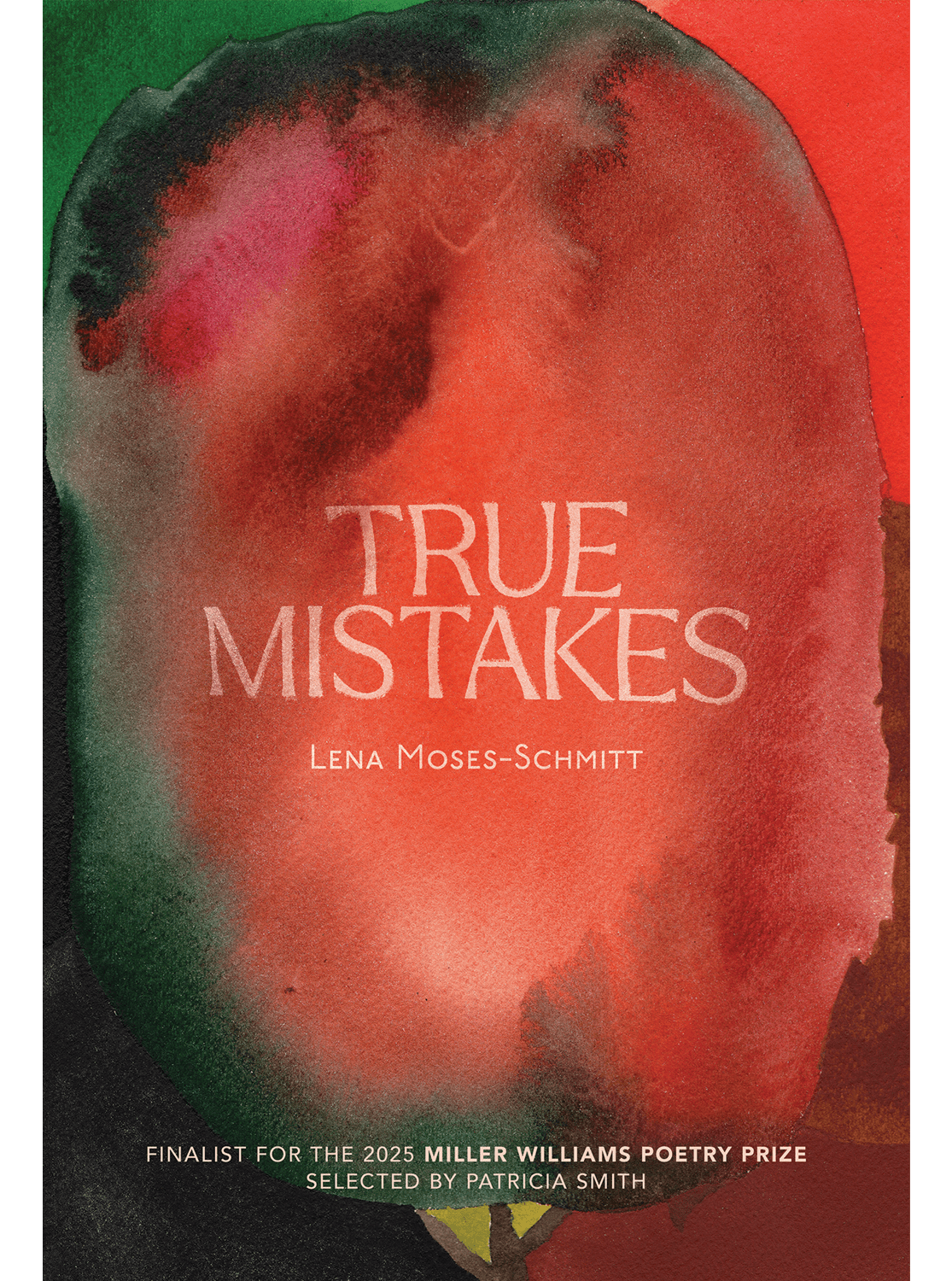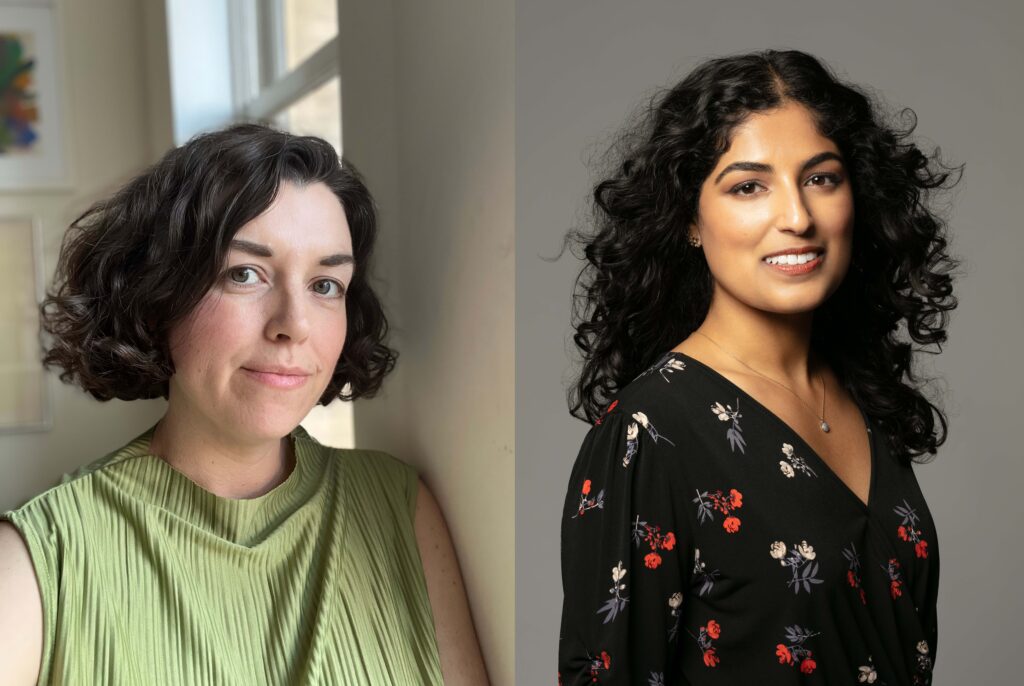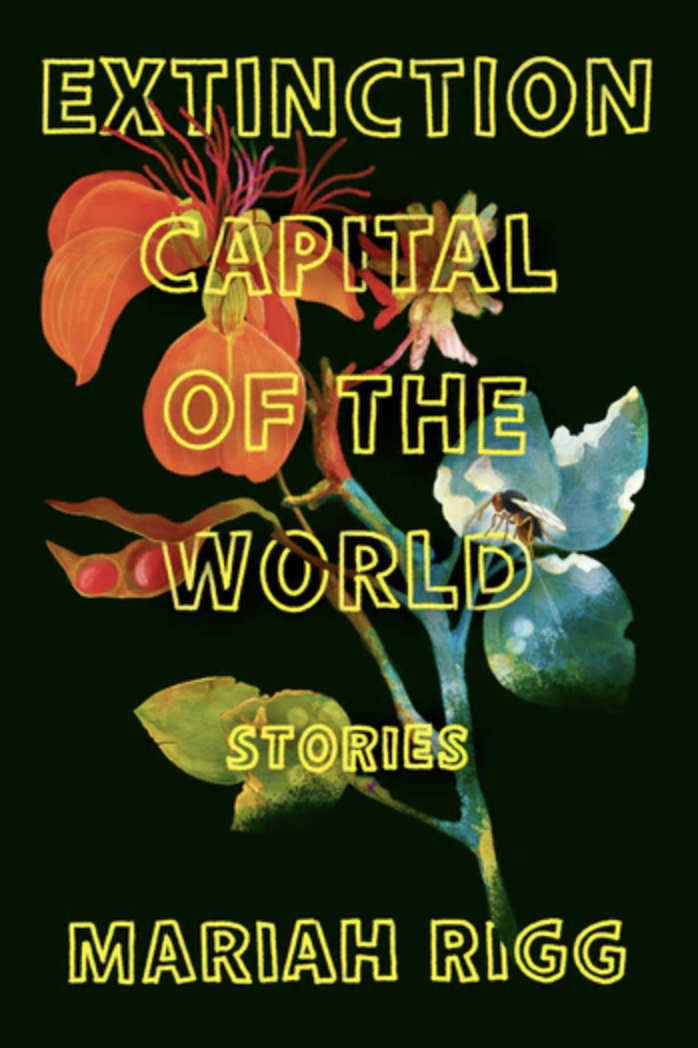By LAUREN CAMP
What is it like to be found? All these years on, I’ve never before been
to the edge of this rocky square state. I drive 41 through aura and wither
and slip into Golden then out to Stanley and right on 60.
Beside the road, dust chafes and three shapes of mountains.
Keen winds fold in and exasperate. The radio sputters its beats.
Assigned to be at a school as the sun has left its felicity
to lead young grades in how to find and trust a poem, but I can’t
see the entrance apart from the fences. I cede to another end
while the sky stays to its razoring blue. I am late. I reimagine late.
And then I am taken, finally, into the gym, late and flummoxed.
I swallow. Set my eyes on 122 tender children, much smaller
than never-ending. At this age they are all swish and unconquerable
hope. A stunned mic waits like a nest below the fluorescents
and I am pointed to use it, to woo the kids into words. I go up—
to the empty middle of the gymnasium, put my teeth to the mesh
and invent a direction. I discard what I intended and ask
these little lighthouses to beam their vibrant lights to the page.
Beam what no one has asked them to find before. Where have you been
lost? They listen for rules but I give none. They tremble
with their little power. Say many lives lead nowhere. Say they huddle
within this town. Its pious blue. Say the verdict of future is here where
hawks skirl and transport. The children’s worries
are the thinnest lessons. There are stories they are moving toward.
Was it chance they had almost all been lost in Wal-Mart in the wipe-out
fluorescence and worshipped wings: Seasonal, Sewing, Tires,
the skittering intersections? Aisles, they ask me
to spell—and they write it, elongating the letters. The energy increases.
They shine as they explain the town’s slickest business as the world
of gone children. At last and thank goodness, they are lit up.
Telling the waves of fear. The breath wet. Their words nervous,
their sinews redefining. Life goes in a blink.
They were all clenched back to parents.
Without embellishment, they were saved.
Lauren Camp is the author of eight books, including In Old Sky, which grew from her experience as astronomer in residence at Grand Canyon National Park. She received a Dorset Prize and was an Arab American Book Award finalist. Camp served as poet laureate of New Mexico from 2022 to 2025. Visit LaurenCamp.com.
